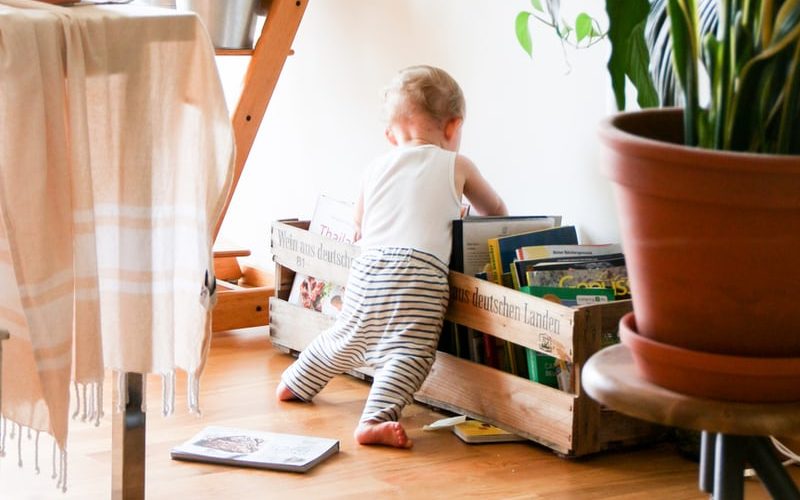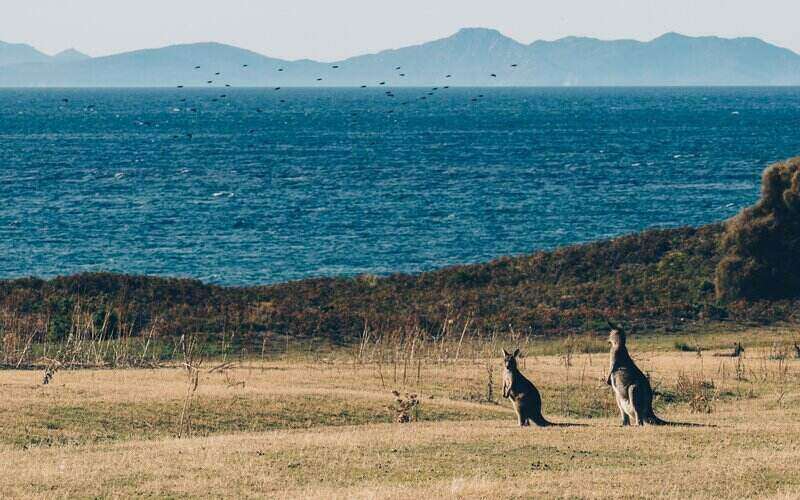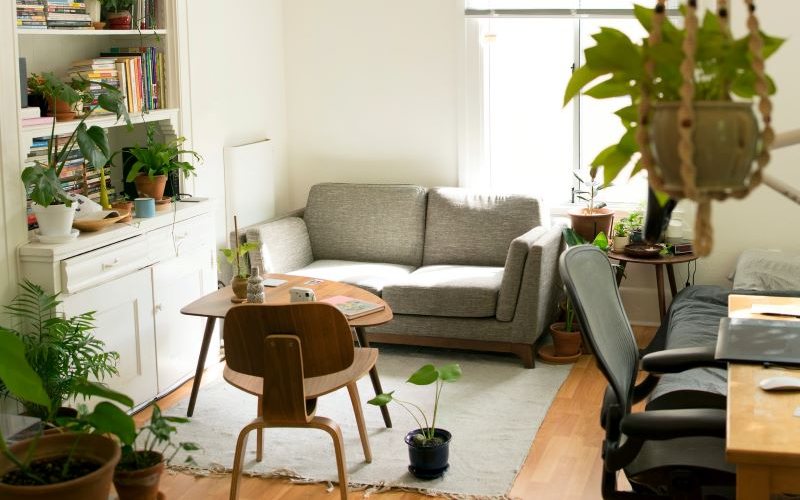Three quarters of 1,000 survey respondents said they underestimated the cost of raising a baby in its first year of existence, and a quarter recommended setting aside 'at least' $8,000 for that first year.
Nearly a quarter also recommended saving more than $10,000, while more than one third said they had 'no idea' about how much it would cost to raise a child before having one.
CUA chief customer officer Megan Keleher recommended drafting up a baby budget.
"Starting a family and creating a home is such an exciting milestone it’s easy to miss the budgeting,” she said.
“This can be a time of decreased income and unexpected costs, so calculating some of the known expenses can reduce that burden and leave you with the pleasures of setting up house for your new arrival.”
More than half of respondents reported being surprised at the cost of essential items such as nappies, a cot or a car seat.
Nearly half were also surprised at the cost of childcare, and also wished they set aside more cash to prepare for their first child,
Just under a third were surprised at the cost of baby formula, and that same number also said they had not saved a dollar prior to having the baby.
Ms Keleher reminded parents that they might need to live on one income for a while.
“Time away from work can often increase levels of financial pressure and uncertainty for parents. It’s really important to factor this into your budgeting when looking to start a new family, especially if you’re hoping to be a homeowner in the near future,” she said.
“Expectant parents should assess the possible impact a single income or extended career pause could have on their ability to meet financial deadlines and use this as a base when devising their budgeting or saving goals."
Cash bonanza for challenger bank
It appears some potential new parents are saving, as customer-owned bank Heritage Bank today reported a 'significant' surge in retail deposits in the second half of 2020.
Retail deposits were up $1.105 billion, representing a 210% increase in six months, which is in line with the $200 billion Australians saved over 2020.
It's also the first time the bank has broken the $11 billion assets barrier, climbing to $11.354 in total consolidated assets.
However, after-tax profit was down 2.64% to $23.2 million compared to the second half of 2019.
“COVID has still had an effect, but not as much as we anticipated," Heritage chief Peter Lock said.
“With limited travel possible, and with concerns lingering about what COVID means for the future, people are choosing to save rather than spend.
"Borrowers are also paying down their loans at a higher than normal rate."
Mortgage arrears were lower compared to six months ago, down to 0.31% from 0.40% at 30 June 2020.
More than 95% of members who sought mortgage deferrals were able to return to normal repayments after six months.
Photo by Brina Blum on Unsplash

.jpg)

 Denise Raward
Denise Raward
 Harry O'Sullivan
Harry O'Sullivan


 Harrison Astbury
Harrison Astbury